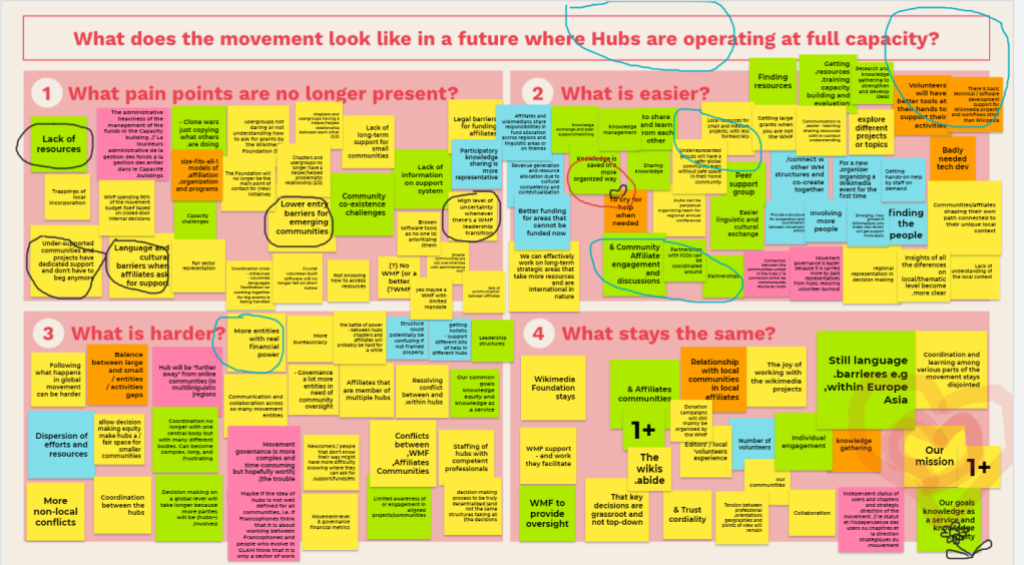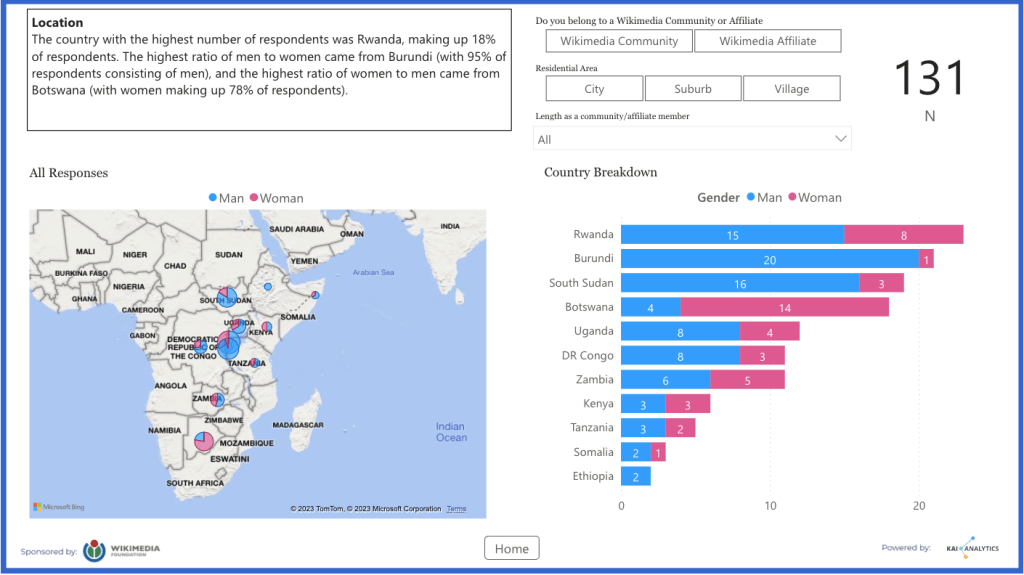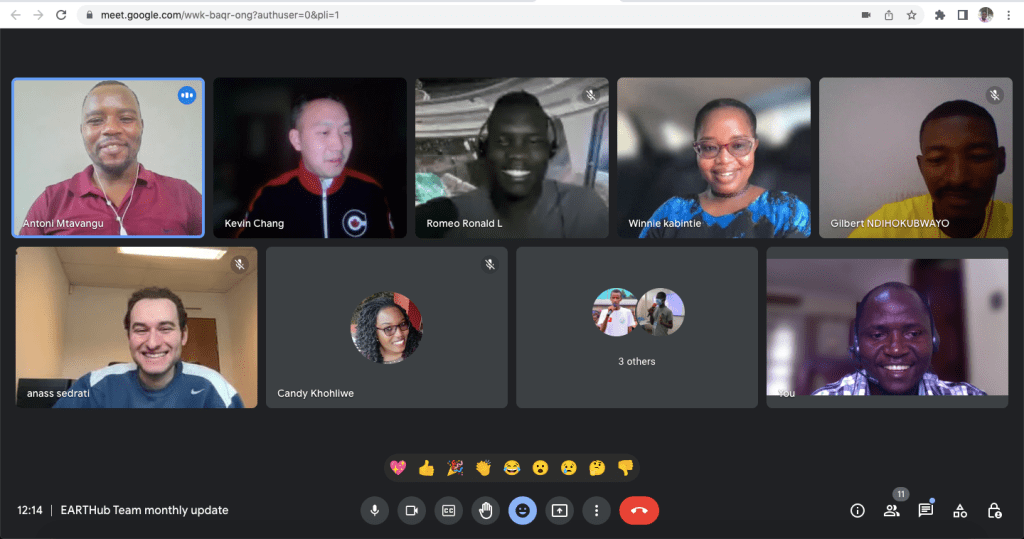
“The most notable areas that a hub can improve are technical infrastructure, staff support, and the creation of new initiatives.” This is one of the many outcomes of the research project shared in August 2022 by the East African affiliates and community members on the steering team.
What did the research process look like?

EARTH’s research was conducted between January – March 2023 and sampled 131 community members across 11 affiliates in the East African Region.The research was led by Kelvin Chang, Research Consultant, Kai Analytics.
Prior to the research, we had also engaged East African Wikimedians in the conversation around EARTH formation. These include Wikimania 2022 , the Wikimedia Summit in September, and WikiIndaba in November 2022.
The research process also included engaging other hub initiatives in West Africa, the Movement Charter Drafting Committee, ESEAP, Research in the Lusophone community, and the Movement Strategy Team. The full research results are available on this link
Core Team

The full team was constituted in December 2022, when the community facilitators, liaisons and the research consultant joined the team.
Current and next steps
We have conducted a general call with the community members who took part in the research, and have started the planning phase, which will include an exploration of selected similar hub-like structures within our regions, their operations and governance models.
An evaluation with gaps, and needs will be done with the communities to recommend a wayforward with outcomes that might be worth adopting during the hub implementation.

Can you help us translate this article?
In order for this article to reach as many people as possible we would like your help. Can you translate this article to get the message out?
Start translation